【新唐人2011年11月15日訊】在夏威夷舉行的亞太經合組織APEC峰會上,由美國主導的在亞太建立自由貿易區的構想取得進展。美國總統奧巴馬與中、俄領導人會談中,人民幣匯率、伊朗核問題成為爭議和分歧的焦點。與此同時,南中國海爭端則是亞太各方角力和交鋒的熱點。
亞太9個國家11月12號達成了《跨太平洋經濟戰略夥伴關係協議》,簡稱TPP。這項協議起初只包括智利、新西蘭、文萊和新加坡,後來,美國、澳大利亞、馬來西亞、秘魯和越南也加入其中。日本也表示有興趣加入,但依然面臨國內,特別是農業部門的阻力。
中國沒有收到加入TPP的邀請。北京一方面強化中國與東盟10國的自由貿易區,加快推進有中日韓參加的「10+3」東亞自貿區,抗衡TPP;另一方面,《新華社》報導,美國力推TPP擴大,是為了提升在亞太主導權。
香港《蘋果日報》發表評論員林和立的文章說,中美角力正從幕後博弈走向正面交鋒。奧巴馬除了宣示「美國重返亞洲」外,還加緊部署被北京定性為「反華陰謀」的包圍圈。
《中國事務》主編伍凡表達了他對TPP的看法。
伍凡:「現在,中共已經控制了一個在東南亞『10+6』或者『10+3』、『10+1』,其中中共參加進去了,和東南亞10國建立了一個自由貿易區,他們不邀請美國。美國就自己做,美國就把裡面的人也拉出來,同時也吸收更多的人進來。所以,這個變成兩股陣營在對壘。」
奧巴馬在與中共國家主席胡錦濤會談中表示,美國公眾和商界對中國經濟改革的緩慢「越來越不耐煩、越來越失望」,敦促中國允許人民幣升值、「遵守全球貿易法則」。
經濟政治評論家草庵居士表示,既然中國加入了WTO,就必須要採取自由貿易的手段。
草庵居士:「美國GDP當中有將近50%是人工的工資,而中國只有在8%左右,甚至還低,造成廉價的優勢。美國提出來要求中國採取自由的外匯制度,由市場來決定,人民幣升值是一種可能,也有人民幣貶值的一種可能。」
奧巴馬在與俄羅斯總統梅德韋傑夫會談中,討論了俄國加入WTO、敘利亞局勢以及在歐洲反導系統問題上的分歧等一系列議題,尤其是伊朗的核項目。
伍凡:「因為俄國長期是伊朗的盟友,還有地緣政治,伊朗又是支持敘利亞,來打擊以色列,伊朗是敘利亞的後臺,那麼俄國就支持敘利亞。所以這個問題,俄國和伊朗站在一起,跟美國、以色列、歐盟對抗。」
國際原子能機構8號發佈報告指出,有可信證據顯示,伊朗利用核計劃,研究為彈道導彈裝載核彈頭。美國和歐盟呼籲對伊朗採取進一步制裁,但是中俄不支持。
伍凡:「中國是長期的支持伊朗,利用伊朗來對抗美國,再加上,中國是伊朗的很大的石油輸出國的一個買主,中國15%石油是從伊朗進口。所以,它無論在聯合國安理會上,無論核武器設備裝置供應上面,以及武器輸出,都給了伊朗大力的支持。」
APEC峰會後,奧巴馬將訪問印尼與澳洲。《蘋果日報》指出,美國一直在背後支撐包括越南、菲律賓、印尼等與中國在南中國海有主權糾紛的國家,並慫恿日本與印度加入南中國海的戰圈。例如印度國營石油公司準備在西沙群島與越南合作開採油氣。
伍凡:「恐怕美國這次要回到亞太去的話,都給這些國家撐腰,來跟中國對抗,目地就是爭這個資源。所以這個資源怎麼分配,怎麼來爭奪,這是一個長時間的問題,恐怕不是一下能解決,很有可能會走上軍事衝突。」
《華爾街日報》說,歐巴馬尋求擴大美國在亞太地區的影響力,難免與中國短兵相接。《德國之聲》則指出,中國和美國在亞洲地區就「領導權」的角力越來越激烈。
新唐人記者周玉林、李元翰、孫寧採訪報導。
US-China Asia-Pacific Leadership Crisis
The idea of establishing a US-led Free Trade Area
in the Asia-Pacific region, was further advanced during the recent APEC summit held in Hawaii.
In respective talks between U.S. President Barack Obama
and leaders of Chinese Communist Party (CCP), and Russia,
over the controversial and divergent matters, the main focus
was on China』s RMB exchange rate, the Iranian nuclear issue,
and the South China Sea disputes, all heated issues
facing the Asia-Pacific nations.
On November 12, nine Asian countries signed
the Trans-Pacific Partnership Agreement (TPP).
The agreement initially covered only Chile, New Zealand,
Brunei, and Singapore.
Later, the United States, Australia, Malaysia, Peru,
and Vietnam joined in.
Japan also expressed interest to join, but still faces
domestic resistance, especially from its Agricultural Minister.
The CCP authorities did not receive
a TPP membership invitation.
In order to compete with the TPP, the Beijing regime has
strengthened the development of the ASEAN free trade zone,
and accelerated its efforts to form a
10 +3 East Asian Free Trade Area, which would include China, Japan, and South Korea.
Meanwhile, the CCP mouthpiece, Xinhua News Agency,
alleged that the United States expanded the TPP with an aim of promoting its dominance in the Asia-Pacific region.
Hong Kong』s Apple Daily commentator, Willy Lam, said
in his article that the wrestling match between China and the U.S. is stepping from behind-the-scenes to the stage.
Besides declaring that the U.S. will make its presence known
in Asia, President Obama stepped up his efforts to dispel a "conspiracy" label that the CCP slapped on to the United States.
China Affairs chief editor, Wu Fan, comments on the TPP.
Wu Fan: "Now, the CCP regime has joined
the Southeast Asian 『10+6』 or 『10 +3』, or 『10 +1.』
It set up a free trade zone with 10 southeastern Asian nations,
without inviting the United States.
Then the United States set up their own free trade zone and,
attracting many nations.
So it has turned into a confrontation between two camps."
Obama said during his talks with China』s President Hu Jintao,
that the U.S. public and business sector has turned out to
be "more and more impatient, more and more disappointed"
with China』s slow economic reforms.
They urged China to increase the value of the RMB
and "to comply with global trade rules."
Economic and political commentator, Caoan Jushi,
said that since China has joined the World Trade Organization (WTO), it should adopt free trade approaches.
Caoan Jushi: "Nearly 50% of the U.S. gross domestic product
comes from labor wages, while China』s figure is only about 8 percent or even lower, resulting in its low-cost advantage.
The United States is asking China to accept Western society』s
free foreign exchange system,
that is, currency dominated by the market.
This will allow the RMB』s value to freely float up or down. ”
Obama discussed with Russia』s President Dmitry Medvedev
a series of issues, ranging from Russia's membership in WTO,
to the situation in Syria and the differing of opinions over
Europe』s anti-missile system, especially Iran's nuclear program.
Wu Fan: "Russia is Iran's long-term military and
geopolitical ally.
Iran is Syria』s hidden supporter in a possible future
confrontation with Israel. So Russia stands by Syria.
In other words, on this issue, Russia and Iran stand together to
confront the United States, Israel, and the EU."
On November 8, International Atomic Energy Agency
released a report, saying that compelling evidence shows
that Iran is developing nuclear missile warheads
under the cover of its nuclear program.
The United States and EU have been urging nations
to initiate further sanctions against Iran,
but CCP regime and Russia failed to support the sanctions.
Wu Fan: "China has long supported Iran, using Iran to
confront the United States.
Plus China is Iran's a largest oil buyer,
with 15 percent of its oil imports coming from Iran.
The CCP gave Iran its support at the UN Security Council,
and sided with them regarding nuclear weapons supplies and arms exports."
Obama will visit Indonesia and Australia after
the APEC summit.
Apple Daily claimed that the United States. has been backing
up Vietnam, the Philippines, Indonesia,
and other nations that have territorial disputes with China
over the South China Sea.
The United States. also persuaded Japan and India to
join the South China Sea disputes.
For example, Indian』s state-run oil company is ready to
cooperate with Vietnam in the Paracel Islands for oil and gas exploration.
Wu Fan: "I am afraid that after the United State』s returning to
the Asia-Pacific region, it will give support to these countries to resist the CCP regime.
The aim is to fight for the resources located there.
So how to allocate resources and how to acquire each share,
have been longstanding issues.
It might not be resolved right away
and will probably evolve into a military conflict."
Wall Street Journal comments that if Obama seeks to
expand U.S. influence in the Asia Pacific region, it will inevitably fight hand-to-hand combat with China.
Voice of Germany said that the struggle for leadership
between China and the United States over the Asia Pacific region, has been rapidly intensifying.
NTD reporters Zhou Yulin, Li Yuanhan and Sun Ning
看下一集
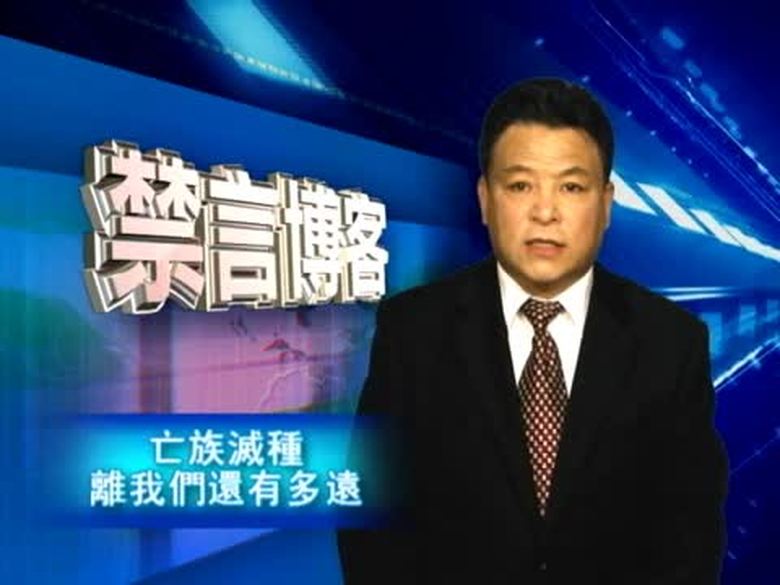
【禁言博客】亡族滅種離我們還有多遠 ?
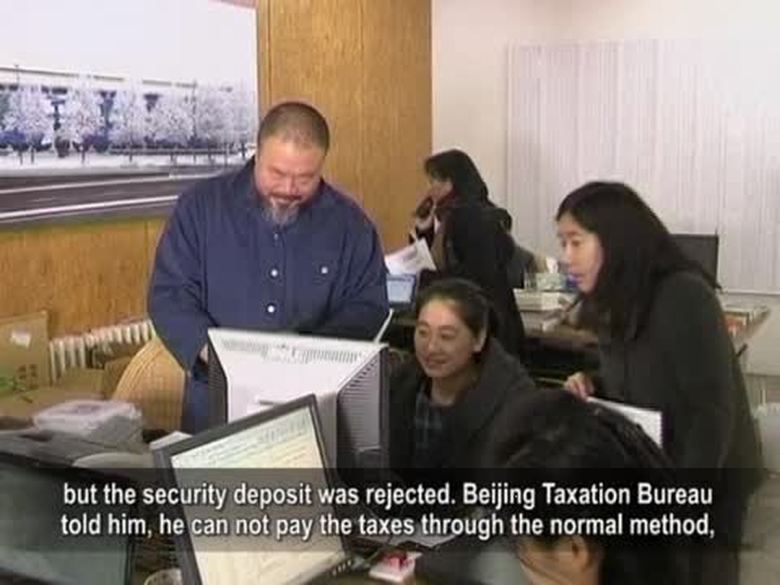
【禁聞】艾未未欠稅風波 再起波瀾
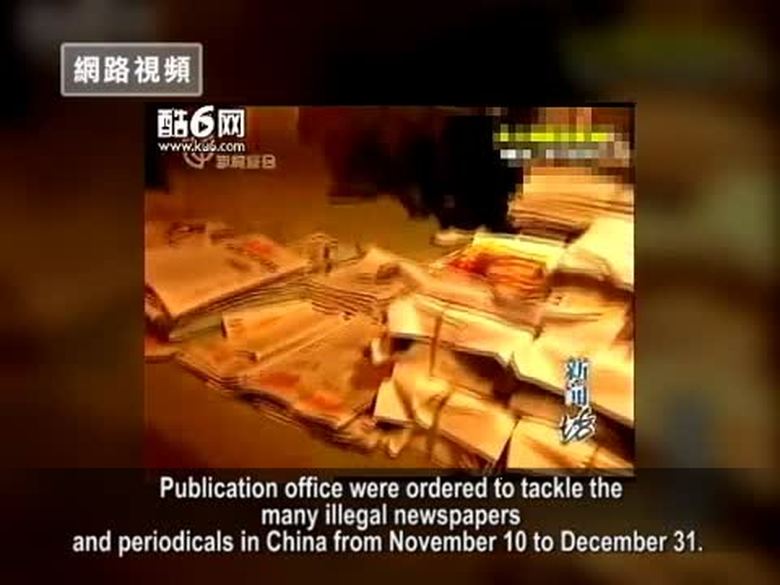
【禁聞】新聞“打假” 與鉗制公民自由言論
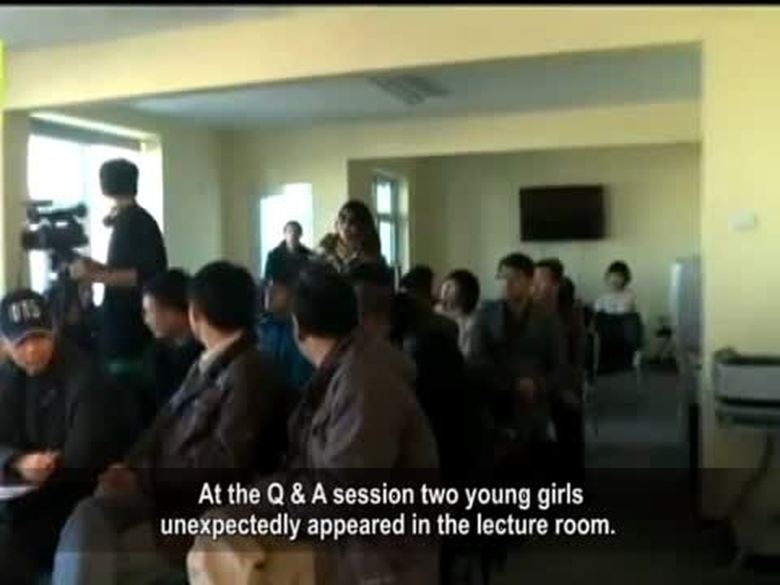
【禁聞】司馬南講座 墨鏡女千里赴京砸場
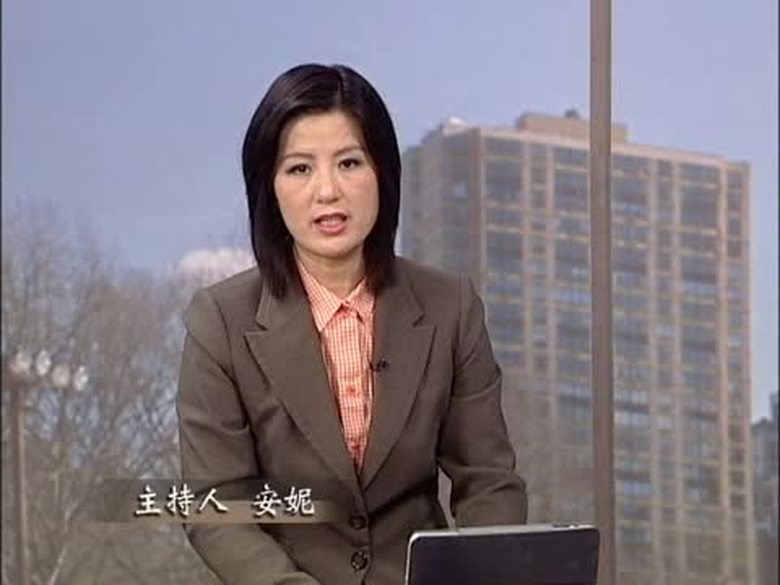
【禁聞論壇】揭開毛澤東的又一層面紗
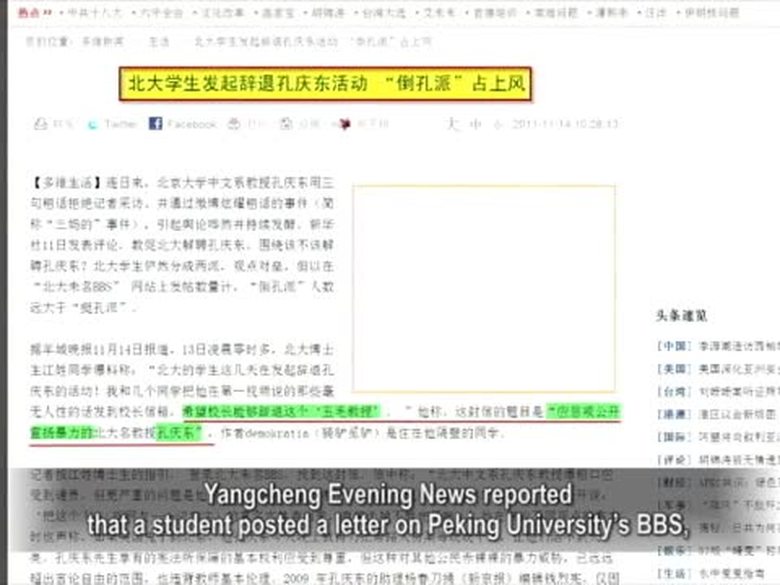
【禁聞】學生指孔慶東宣揚暴力 籲校方辭退
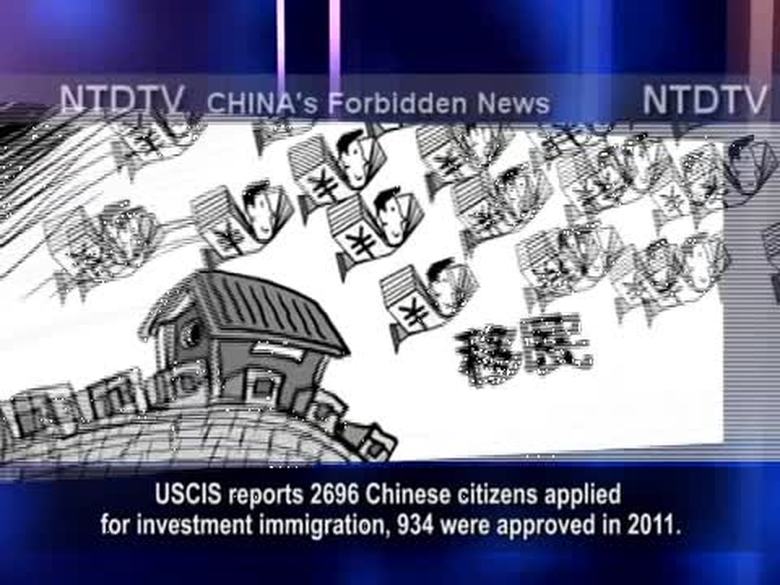
【禁聞】中國超六成富人想移民美國
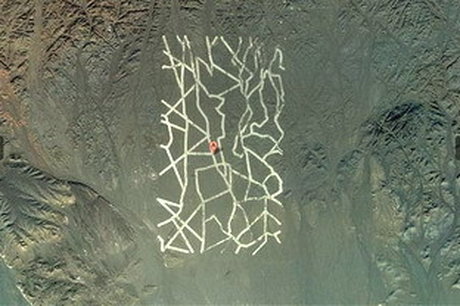
【禁聞】戈壁神秘建築 用途引揣測

【禁聞】中共“有條件”援助 歐盟說不
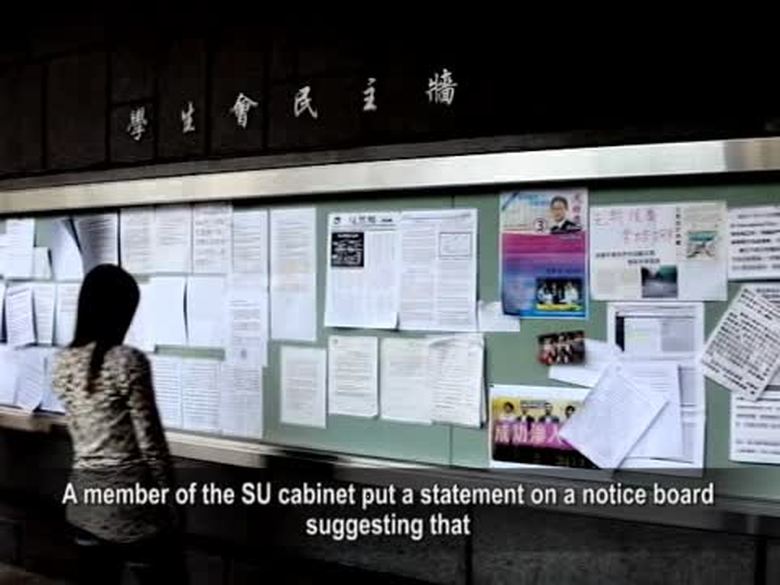
【禁聞】共匪入侵嶺大 赤化風波試民情
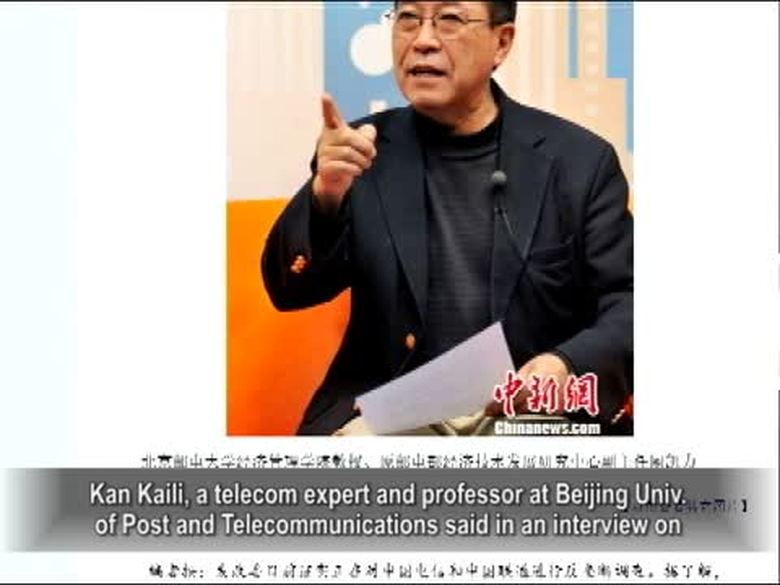
【禁聞】中國網速中上?收費偏低?
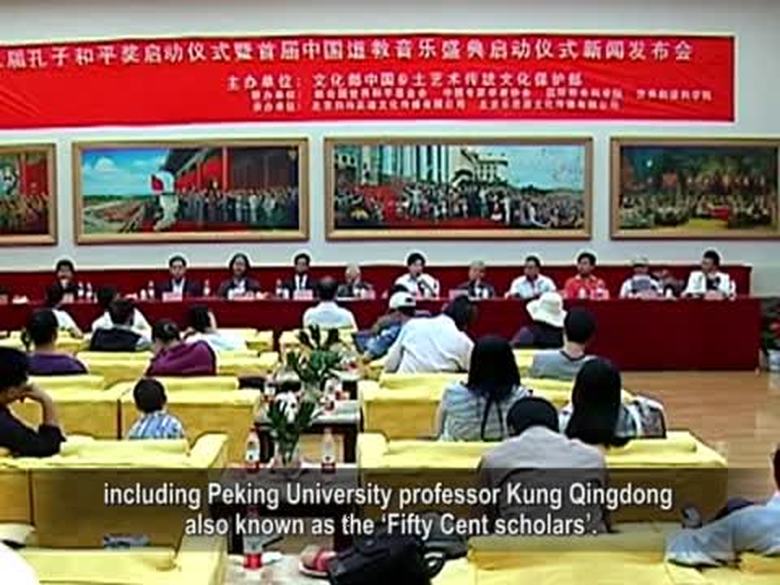
【禁聞】孔子和平獎拋向俄普京 學者批鬧劇
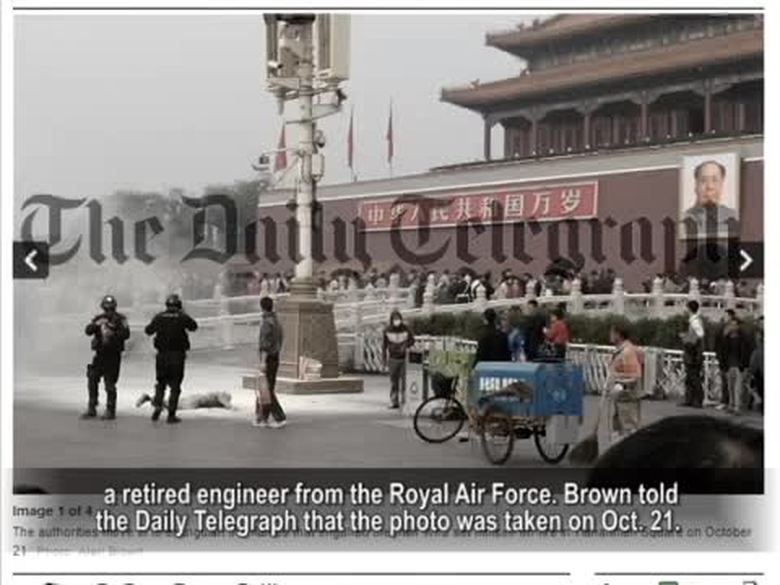
【禁聞】中共嚴封自焚消息 英媒照片揭面紗
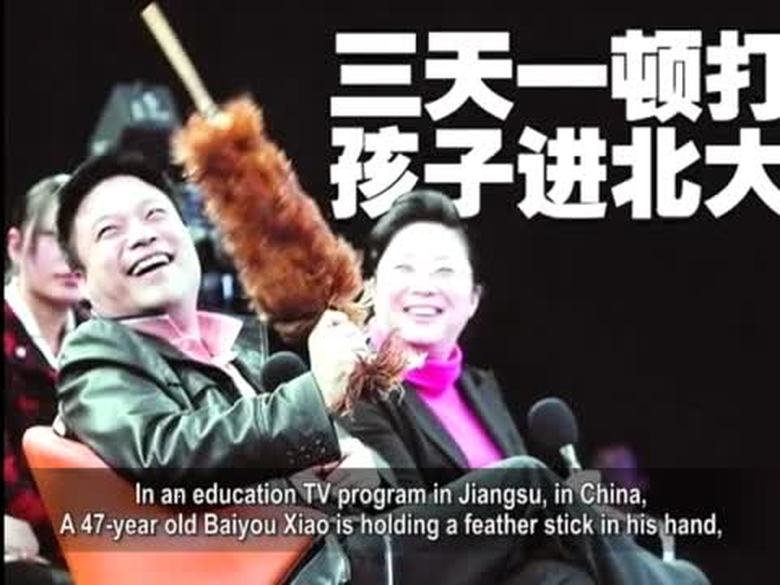
【禁聞】三天一頓打 「狼式」教育受質疑
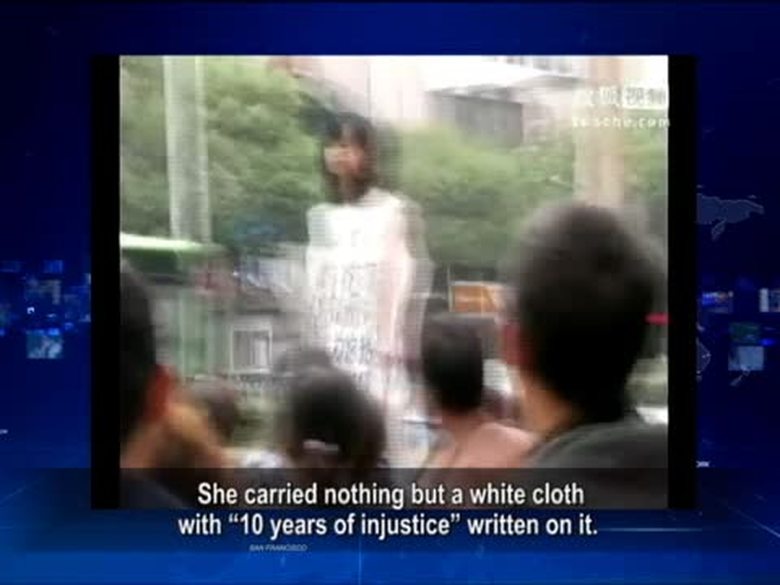
【禁聞】十年冤案 妙齡女子裸體討說法
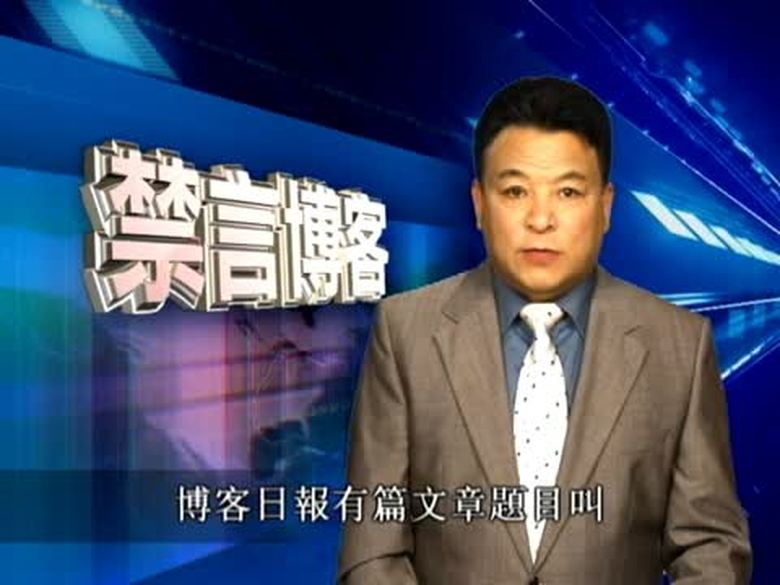
【禁言博客】孤獨站在這舞臺 掌聲卻響不起來








